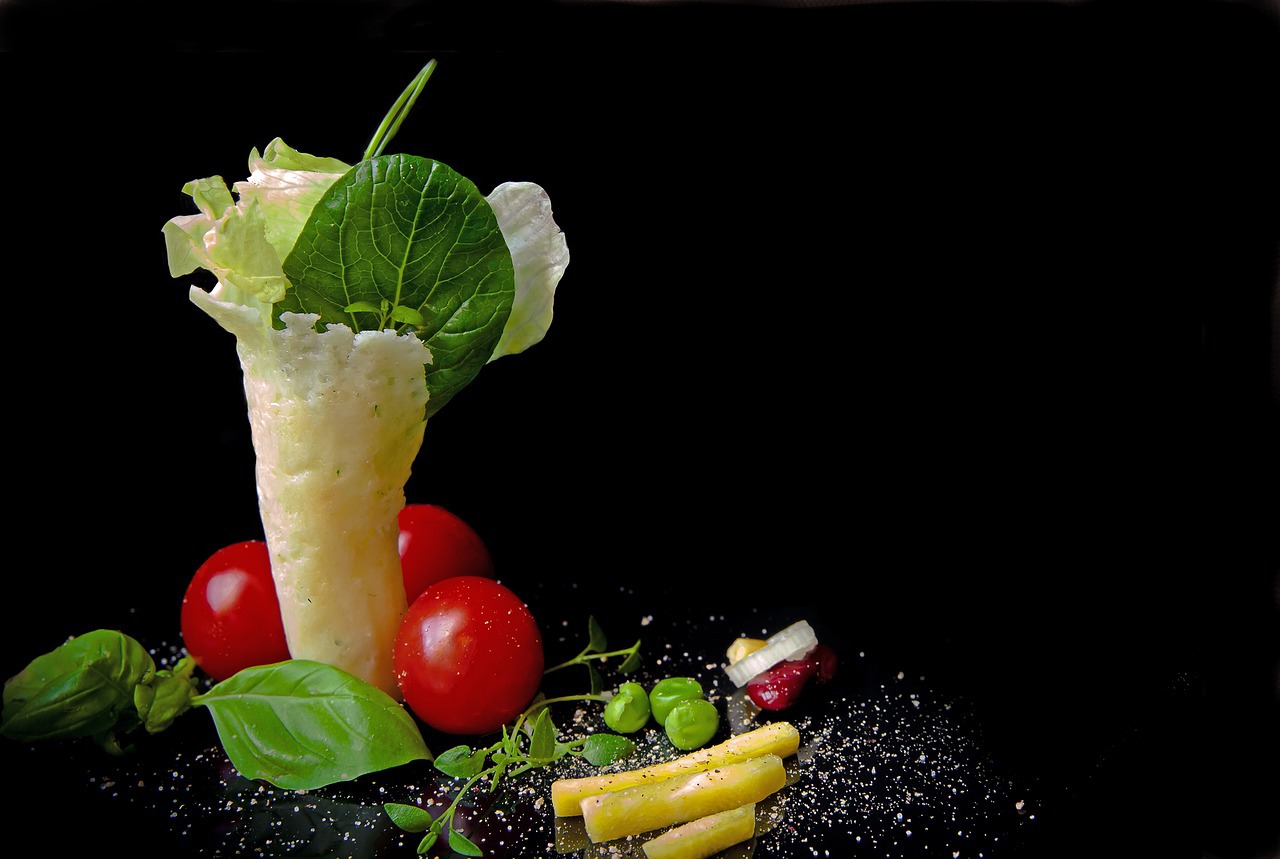The best sources of calcium if you suffer from lactose intolerance

You like cheeses but you have serious problems after eating them, so you've gotten to a doctor and, after tests, you've been diagnosed with lactose intolerance. Beyond the inconvenience that you can not consume an important part of your favorite foods, there is a serious problem: you need to find additional calcium sources to compensate for the loss of dietary dairy. Even if we associate calcium-rich foods with dairy products, there are other equally effective sources that you can get your daily calcium needs. The daily diet of a healthy adult should include 1000 mg of calcium. Although you would be tempted to go to the pharmacy and take dietary supplements to meet this need, it's not exactly the best thing, especially since a number of studies have linked these supplements with an increased risk of kidney stones . Therefore, the best and safest method remains the nutritional approach.
We're still making a list of calcium-rich foods so you can choose from. Green Leafy Plants All green leaf plants are good sources of calcium, so it will not be complicated to put them in the diet. Spinach, parsley leaves, salad are just a few of them. However, you should know that by far the most important source of calcium is kale cabbage, 300 mg of calcium per cup. But just because a salad-loving lover can only get your calcium needs, we also add other equally effective calcium sources.
Seeds and Nuts Whether you eat them as a snack or put them in salads and smoothies, nuts and seeds are a very important source of calcium. Among the richest in this mineral is sesame seeds, almonds, pistachios, pecan nuts. A portion of almonds provides you with 250 mg of calcium but also protein, zinc and vitamin E. almonds are just as effective if you eat them in the form of milk or flour, the only problem being the large number of calories, so you have to pay attention to the size of the portions. Sardines Whether you prefer fresh, to prepare them on the grill, whether you choose canned foods, sardines should not be absent from your diet, as 100 grams of fish contain 370 milligrams of calcium, which means a quantity .
What you need to know, however, is that more than half of this quantity is found in the soft bones of the sardines, so if you chose fish, do not give them away. Preserving it a week will only benefit your health. Fruit Although fruits do not contain as much calcium as vegetables, there are some exceptions. Oranges, for example, however surprising, contain 70 mg of calcium per cup of fruit. Plums are another source of calcium not to be neglected, a fruit cup having 75 mg of calcium.
But a much richer variation in calcium is the dried fruit, the figs holding the record, with about 300 mg of calcium per cup of fruit. Photo: pixabay. .
Source : csid.ro
Views : 3204
Popular Article
- (photo) Nude becomes art.
Posted: 2018-03-17, 9755 views.
- The harmful effects of air conditioning on the skin
Posted: 2017-06-08, 8462 views.
- 3 causes of dyed hair discoloration
Posted: 2017-06-15, 8343 views.
- Why early puberty occurs in girls: symptoms, favors, diagnosis and treatment
Posted: 2017-10-24, 8185 views.
- Good or bad skin treatments in the hot season
Posted: 2017-06-07, 7914 views.
Recommendations
- (photo) Nude becomes art.
Posted: 2018-03-17, 9755 views.
- The harmful effects of air conditioning on the skin
Posted: 2017-06-08, 8462 views.
- 3 causes of dyed hair discoloration
Posted: 2017-06-15, 8343 views.
- Good or bad skin treatments in the hot season
Posted: 2017-06-07, 7914 views.
- Risks of practicing sports on hot days
Posted: 2017-06-12, 7498 views.
 4 effective ingredients in the fight against acne.
4 effective ingredients in the fight against acne. How to get rid of hiccups fast
How to get rid of hiccups fast The wheat bran diet: the secret of lost pounds as if by magic
The wheat bran diet: the secret of lost pounds as if by magic The recipe that will sweeten your soul this weekend!
The recipe that will sweeten your soul this weekend!  Is it dangerous or not to refreeze meat after thawing it?
Is it dangerous or not to refreeze meat after thawing it?  The unusual sign of diabetes indicated by saliva.
The unusual sign of diabetes indicated by saliva. What to drink to boost your immune system.
What to drink to boost your immune system. 10 foods that help you never age.
10 foods that help you never age. What actually happens in your body if you drink a cup of coffee for breakfast
What actually happens in your body if you drink a cup of coffee for breakfast 5 surprising benefits of chia seeds
5 surprising benefits of chia seeds